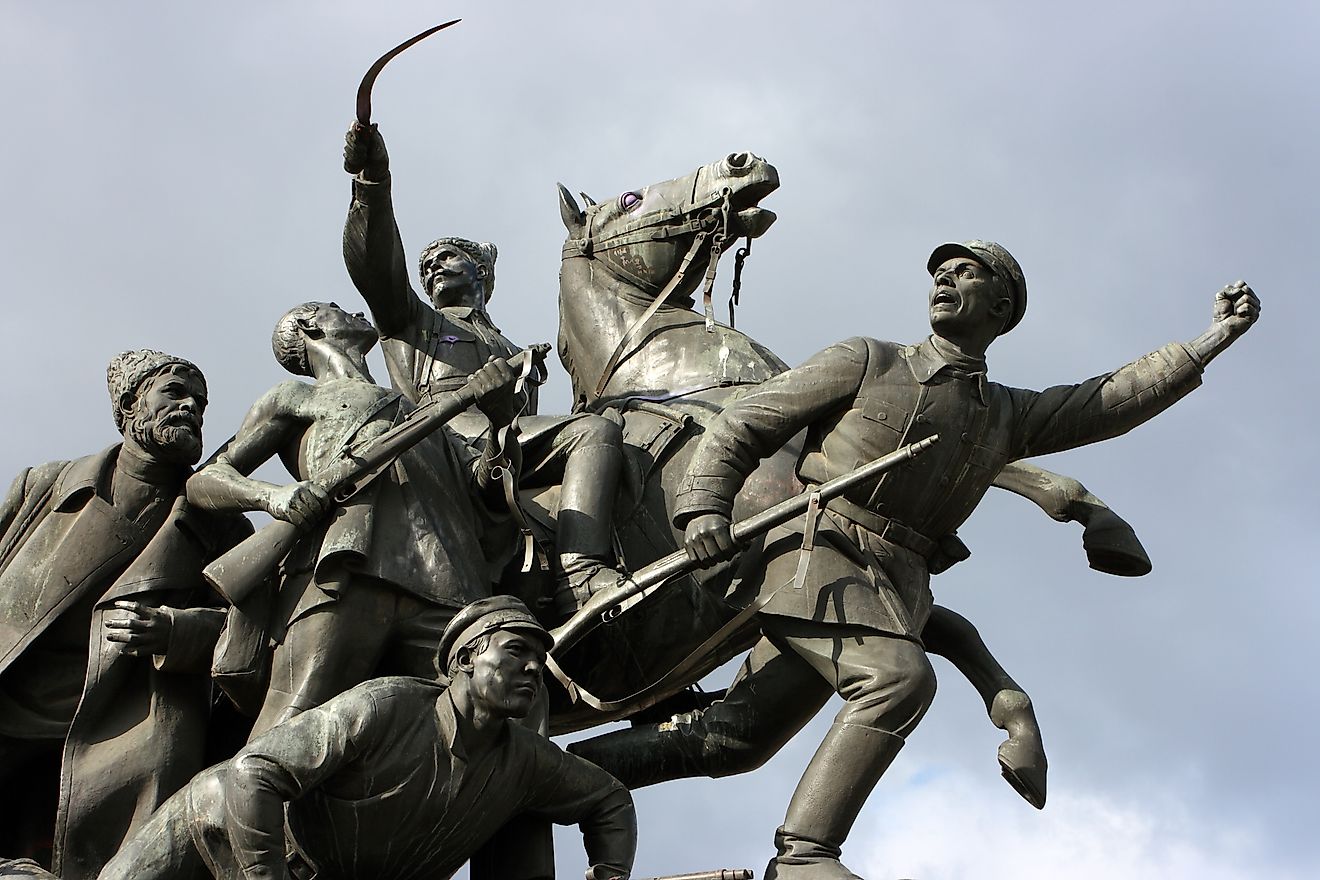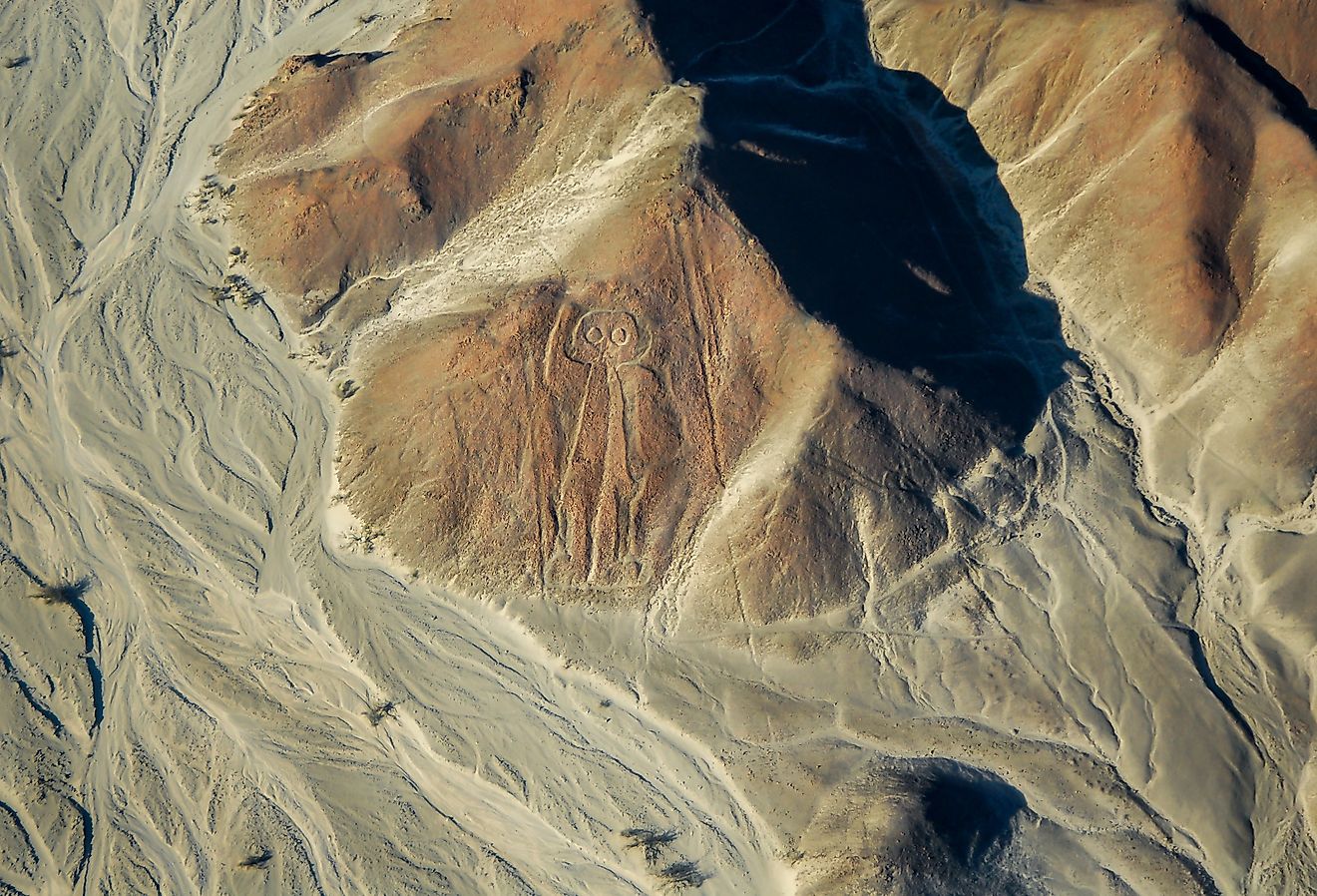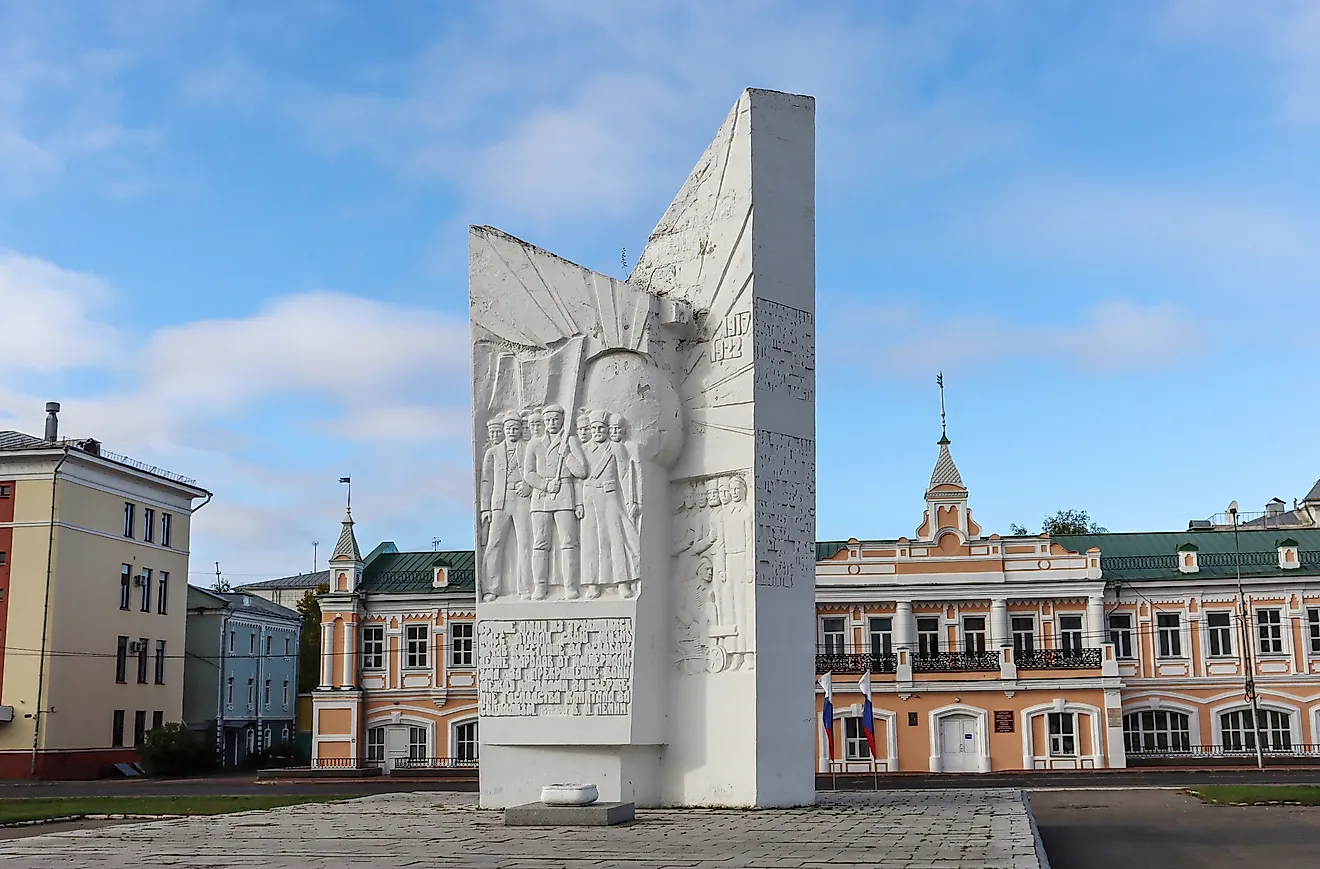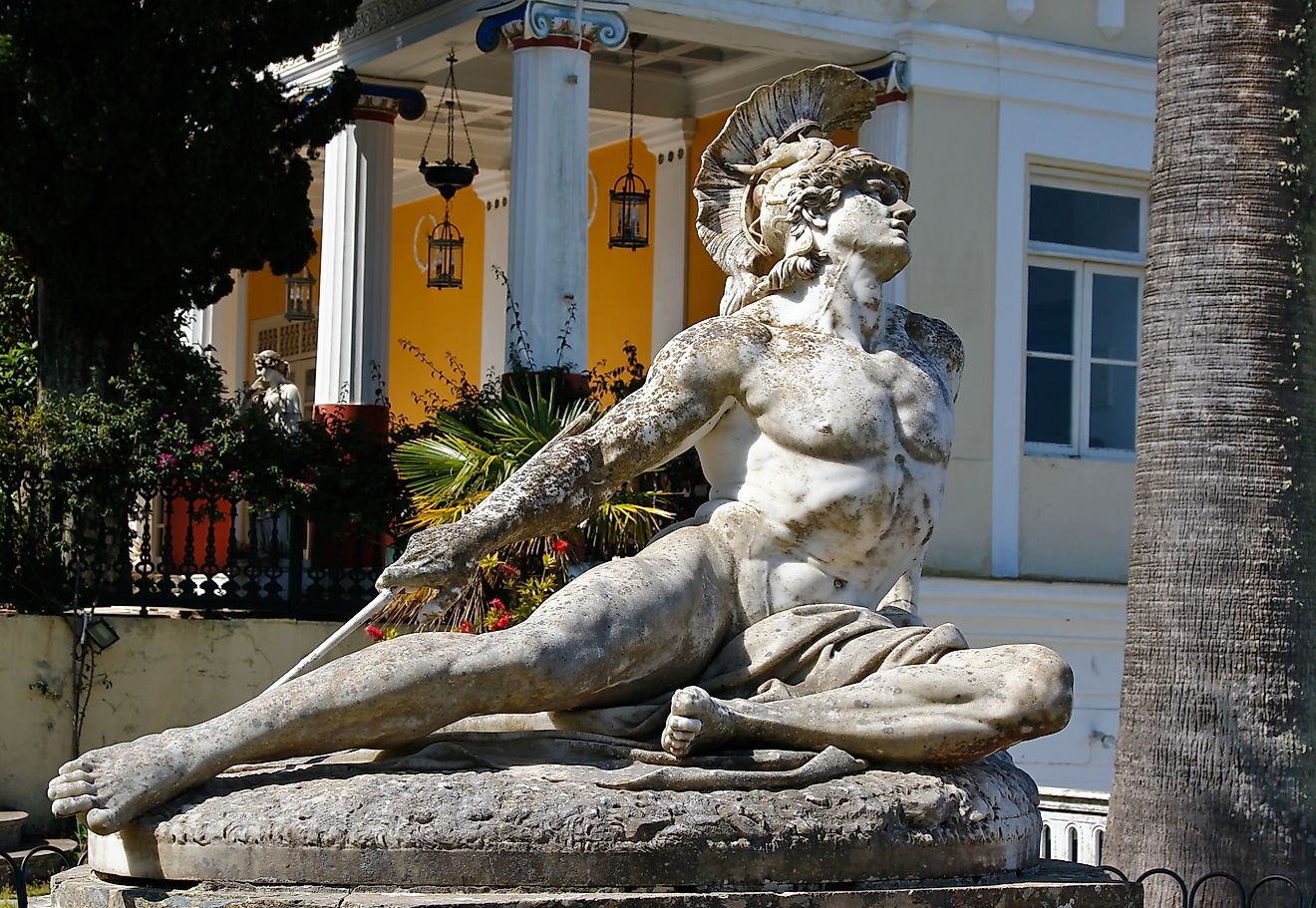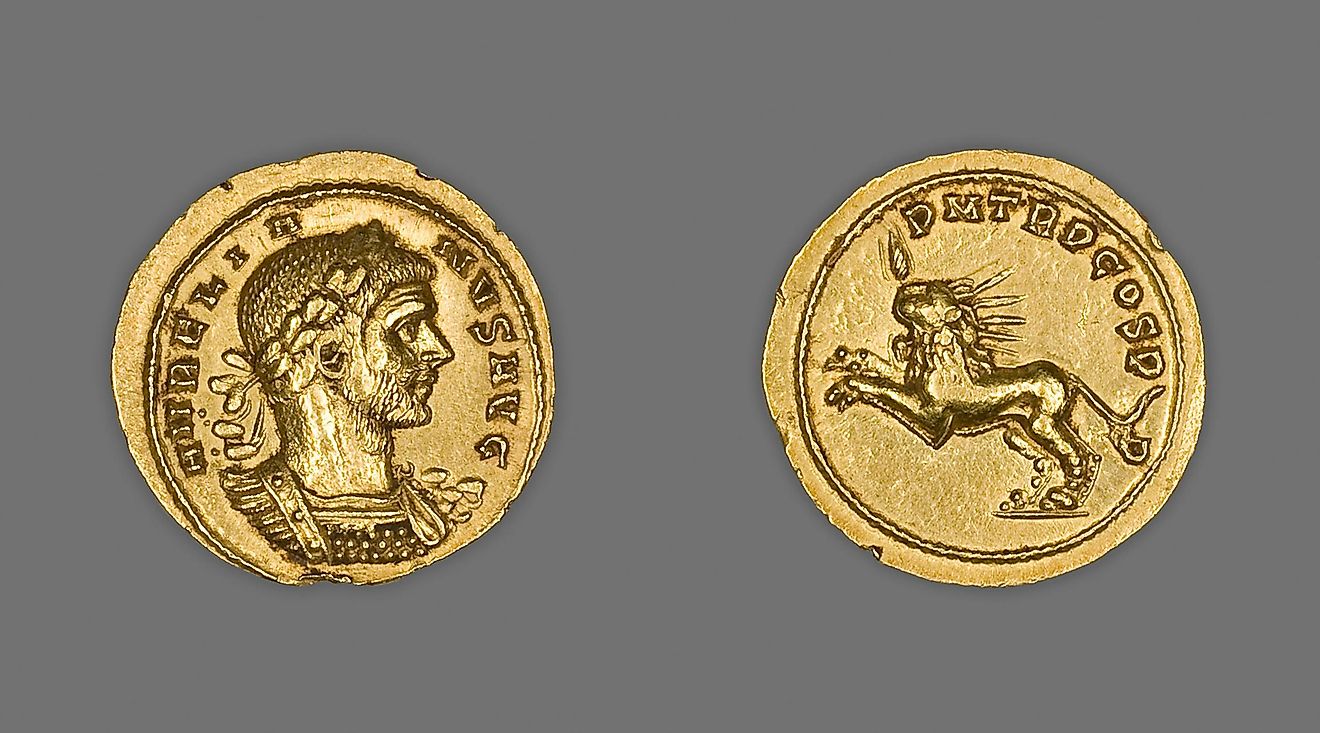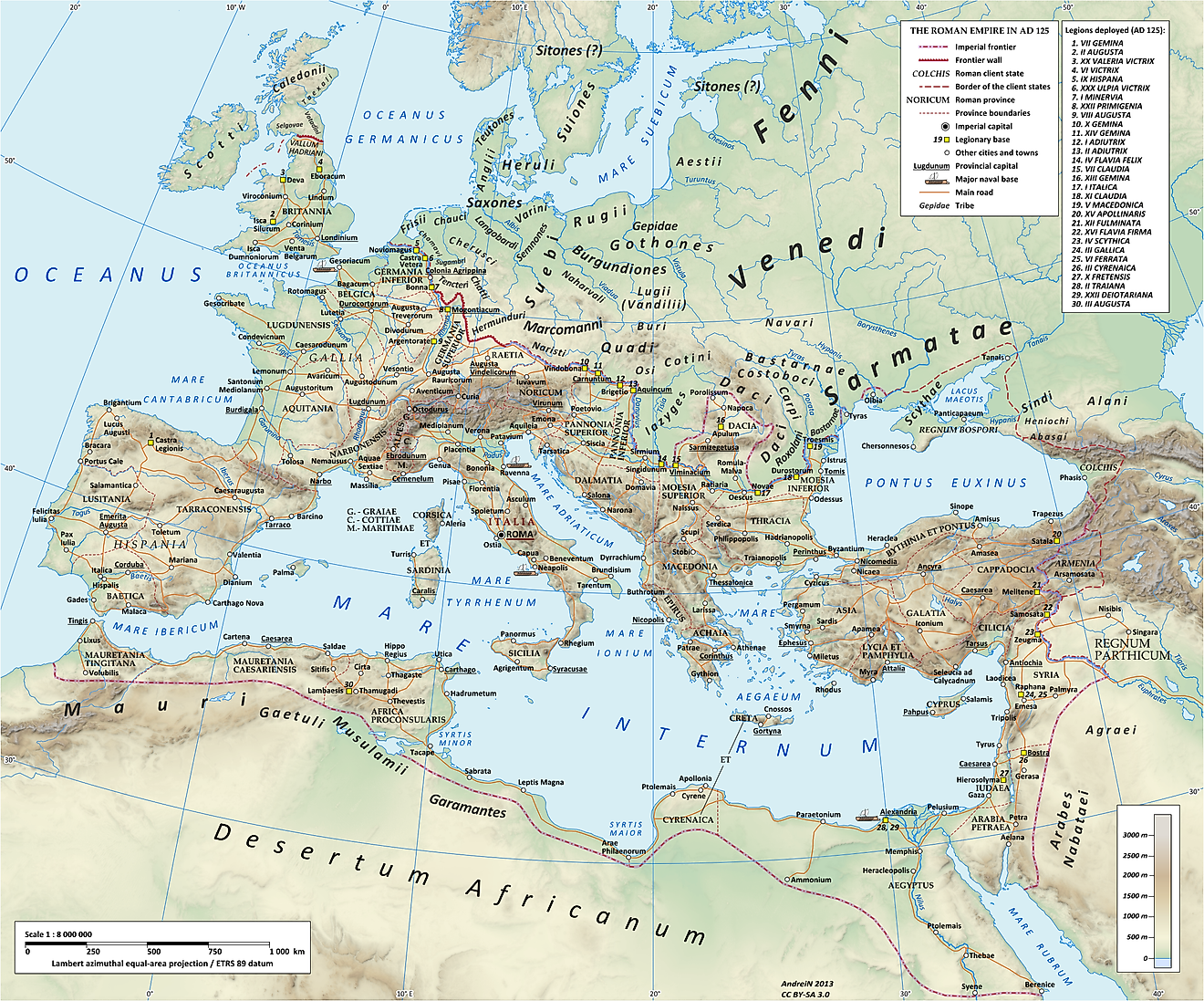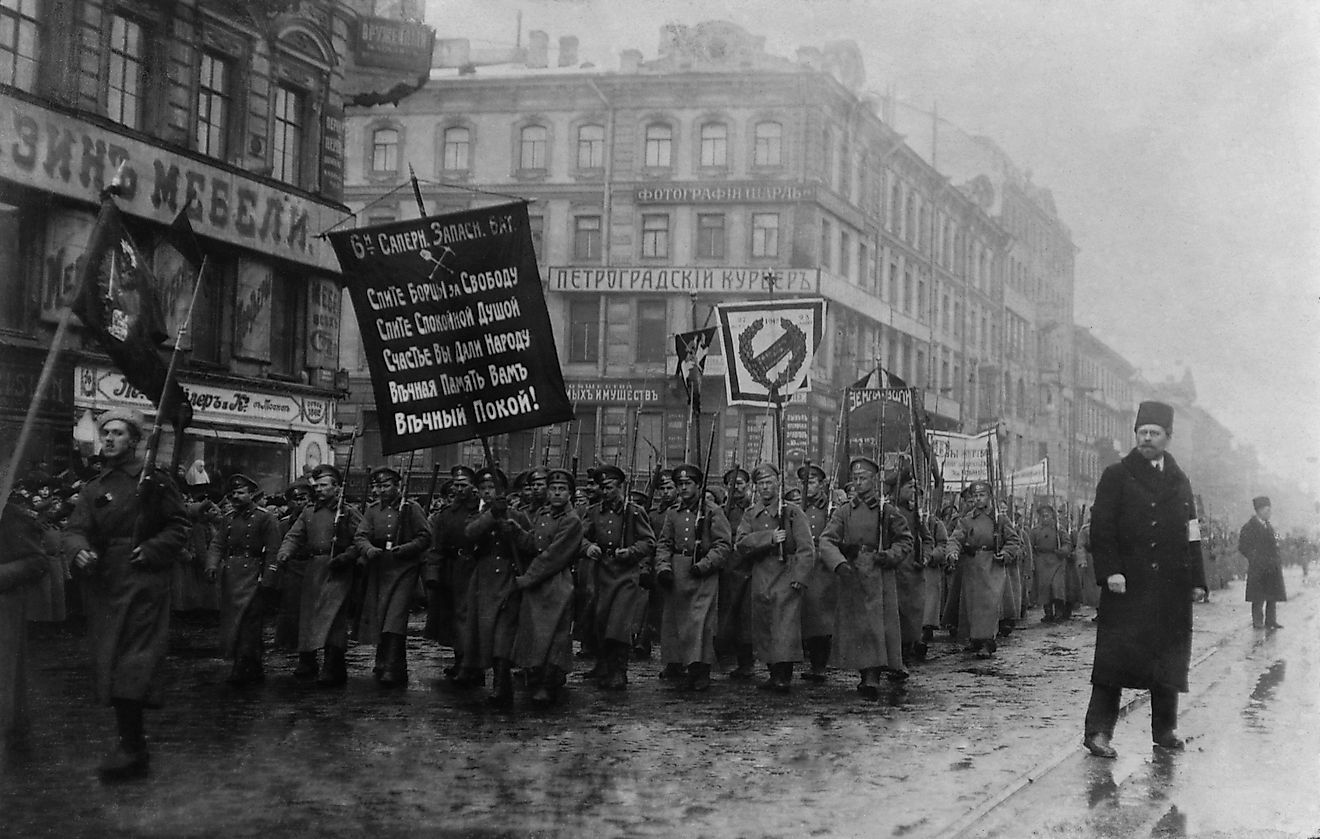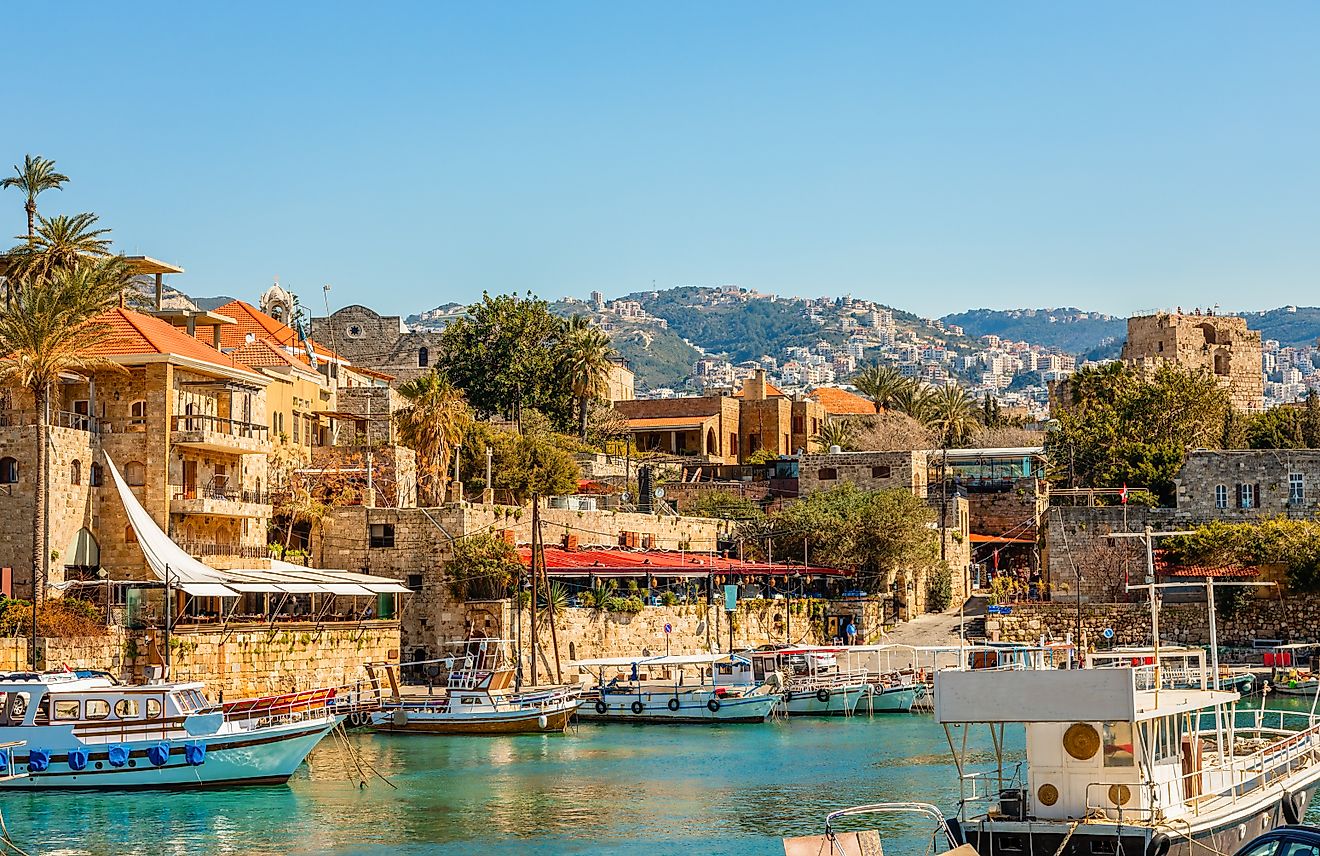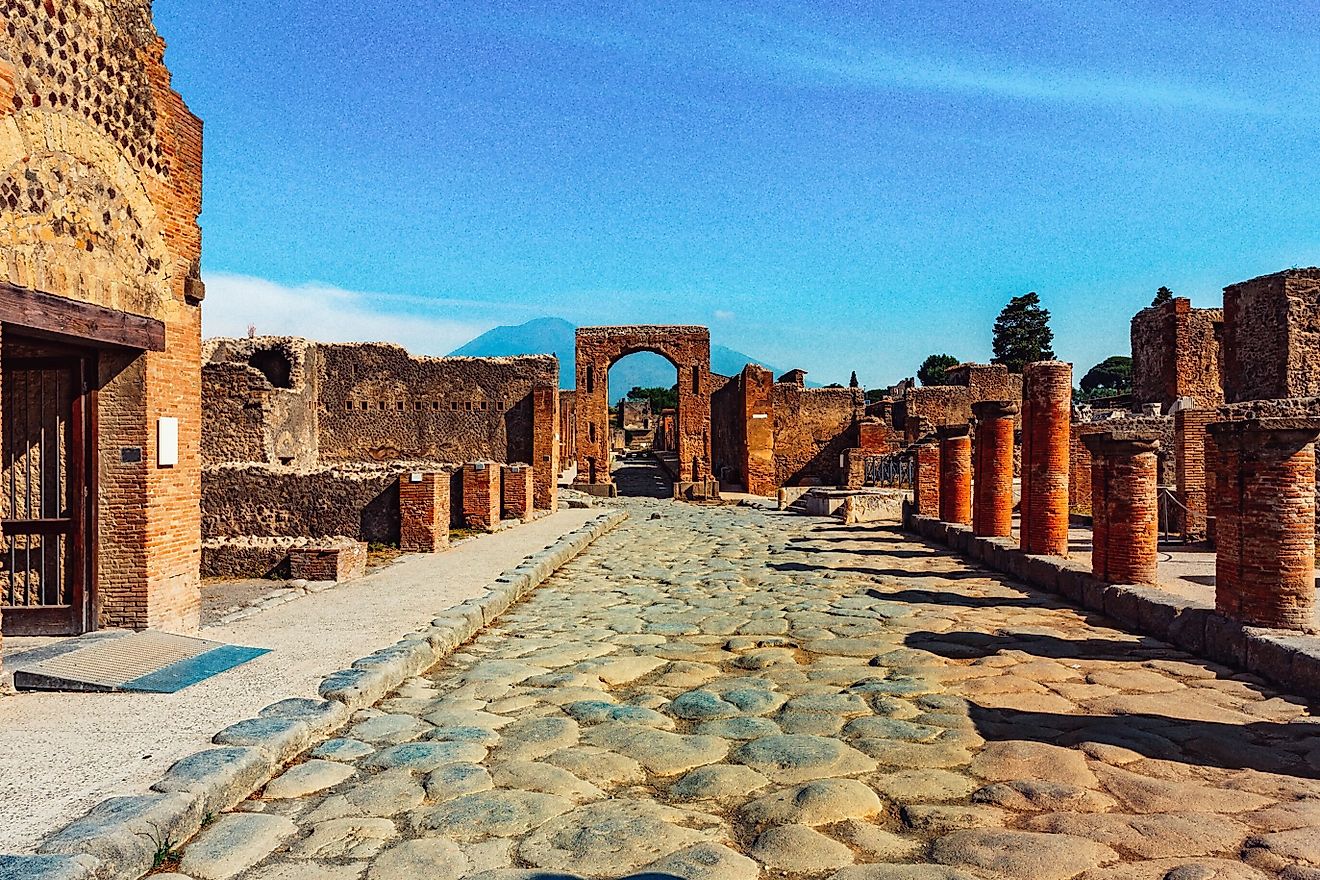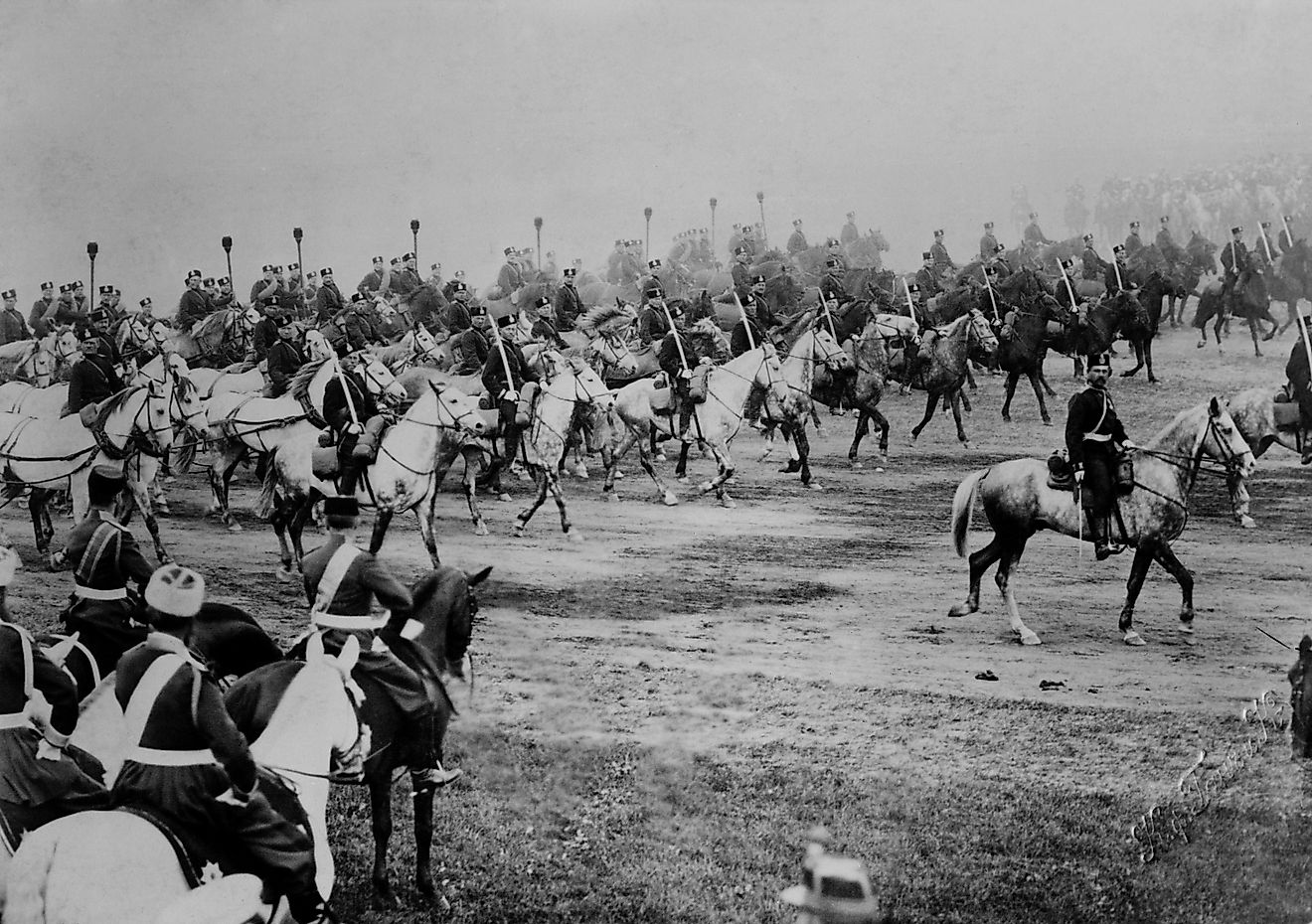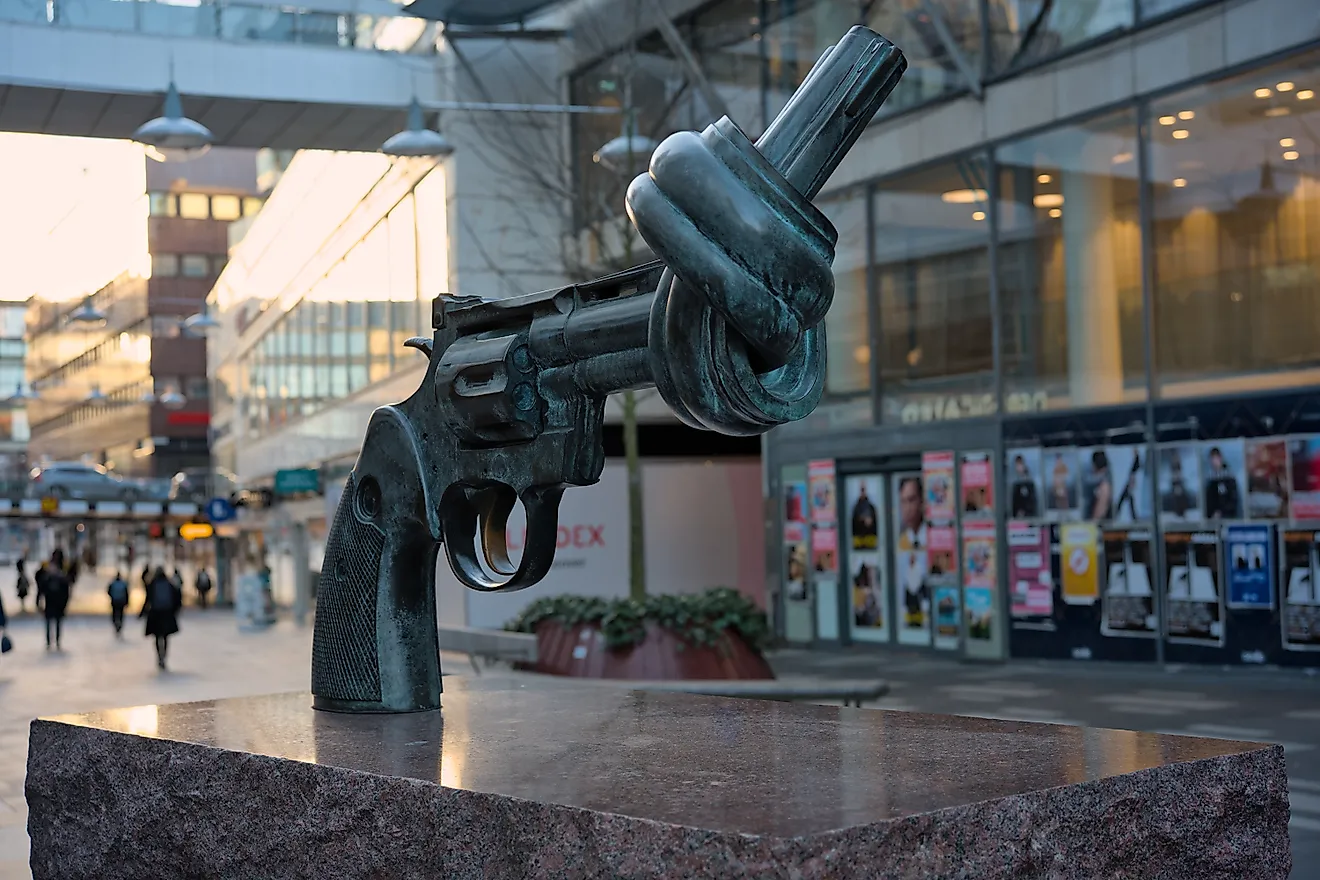
Why Was Spain Not In World War 2?
Despite General Francisco Franco's fascistic tendencies and German aid in the Spanish Civil War, Spain did not participate in the Second World War. This occurred mostly due to Franco demanding too much in the way of German concessions. Nonetheless, Spain was sympathetic to the Axis and provided it with significant aid throughout the conflict.
The Spanish Civil War

The Spanish Civil War lasted from 1936 to 1939. Born out of decades of polarisation, its inciting incident occurred on July 17, 1936, when generals Franciso Franco and Emilio Mole launched a coup against the democratically elected government. The two sides in the conflict, the Republicans and the Nationalists, immediately appealed to international aid. While the Republicans received little official support, except for from the Soviet Union (USSR), they received many volunteers from countries like the United Kingdom, the United States, and France. On the other hand, both Italy and Germany fought directly alongside the Nationalists; indeed, the Spanish Civil War was a testing ground for many of the tactics the Nazis used in the Second World War. Ultimately, the Nationalists won the war in March 1939. With a fascistic government now in power, Spain was seemingly a natural ally for the Nazis in a future full-scale European conflict.
World War II

From the beginning of World War II, Franco favored the Axis powers. Moreover, he believed that they would win the war well into 1943. Nonetheless, Spain never got directly involved in the conflict because Franco demanded too many concessions from Germany. This included resources like foodstuffs and gasoline, which Germany could not afford to provide. Even more problematic, however, were Franco's imperial ambitions. He wanted to expand Spain's territory to include Gibraltar, the western part of Algeria (a French colony at the time), and all of Morocco (also a French colony). Since Hitler was trying to cultivate a partnership with Vichy France, these concessions were simply not realistic.
But, this did not stop Spain from providing support to the Axis in the form of raw materials and minerals. Spain also shared intelligence with Germany until the threat of an Allied oil boycott forced them to stop. Furthermore, German submarines were allowed to dock at Spanish ports. Perhaps the most crucial component of Spanish aid came in the form of a volunteer division that fought on the Russian Front. In short, while Spain did not formally participate in the war, they undoubtedly still supported the Axis. This proved problematic as the war ended, with Germany, Italy, and Japan on the losing side.
Post-War

In March 1946, Britain, France, and the United States declared that "the Spanish people (could not) anticipate full and cordial association with the Allied powers." That same year, they removed their diplomats from Spain, making any meaningful foreign relations impossible. France also closed its border with the country from 1946 to 1948. When combined with anti-Franco guerrillas causing civil unrest in the north, this meant that the immediate postwar period was fraught for Spain.
However, the situation began to improve in the 1950s. This occurred for three reasons. First, Franco began to de-emphasize fascism. Indeed, he gave the monarchy some more power, promising it would be restored upon his death. Furthermore, he also allowed the Catholic Church to have a larger voice in Spanish society, with a minority of clerics then demanding economic and political liberalization. Second, as the Cold War emerged, Franco became a valuable anti-communist ally. Therefore, the United States started to fix its diplomatic relations with Spain, ending a trade boycott in 1950 and entering into a ten-year bilateral agreement with the country in 1953. Spain was also allowed into the United Nations in 1955. Third, memories of the Civil War prevented anti-Franco forces from gaining meaningful support. Indeed, much like World War I was to the rest of Europe, the Spanish Civil War was so traumatic that fear of another one often overrode any dislike of Franco's regime.
In conclusion, Spain did not formally participate in World War II due to Franco demanding too many concessions from Germany. However, it still undoubtedly supported the Axis. This was problematic in the post-war period, forcing Spain to shift away from its fascistic leanings to reintegrate into the international community.
